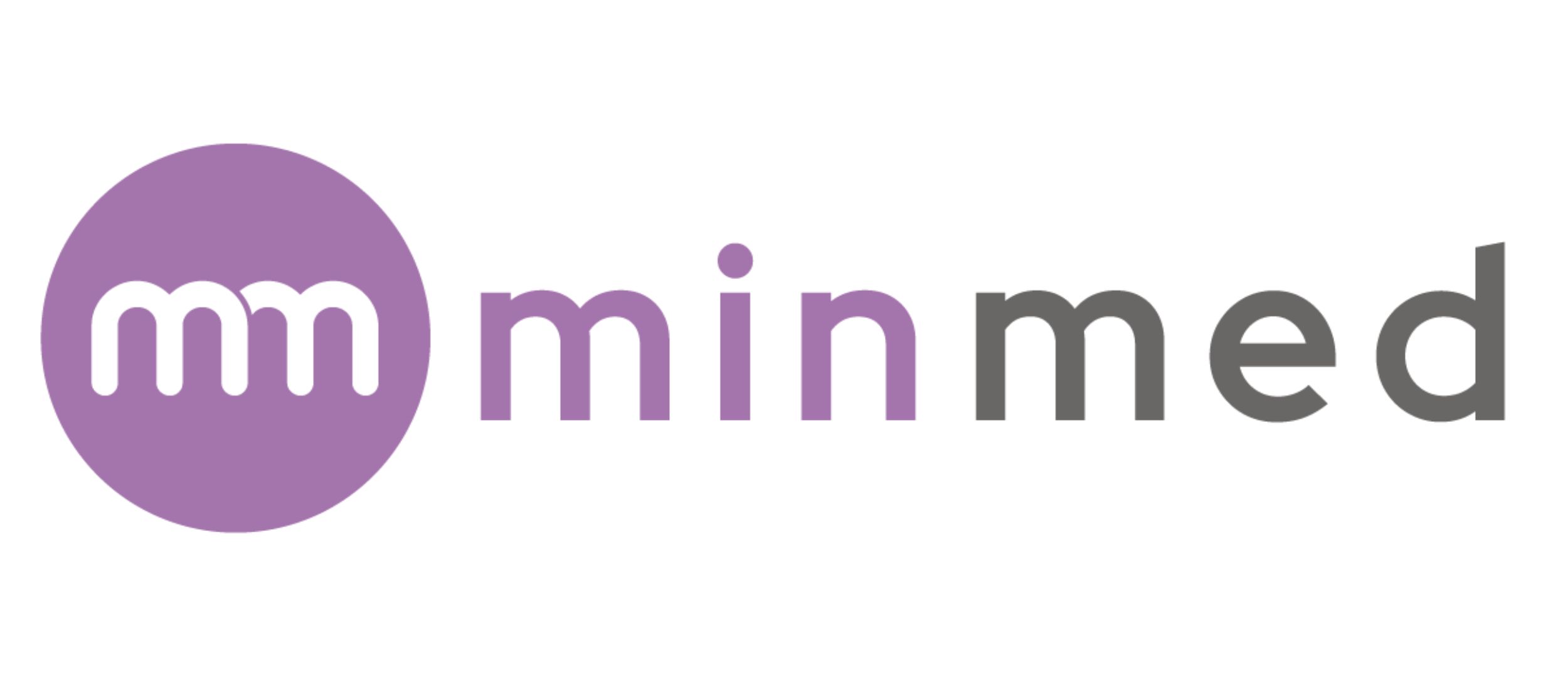Respiratory Syncytial Virus (RSV) Vaccine
The RSV vaccine protects against Respiratory Syncytial Virus (RSV), which can lead to severe respiratory illness, especially in infants, young children, and older adults.
For more information about the RSV vaccine, visit CDA.
$382 inclusive of GST
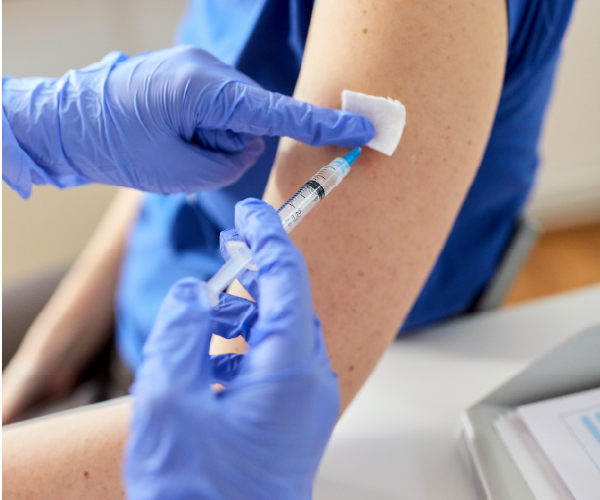
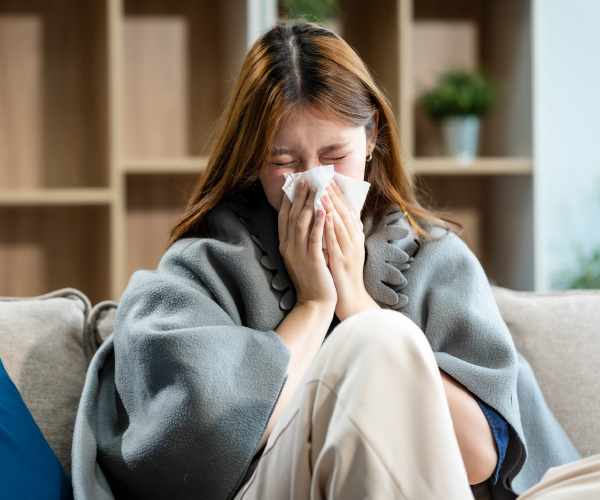
What Is Respiratory Syncytial Virus (RSV)?
RSV is a highly contagious virus that primarily affects the lungs and breathing passages. It spreads through respiratory droplets from coughs, sneezes, or direct contact with contaminated surfaces.
Although less common than influenza, a study (2014–2018) found that 1 in 4 individuals aged 65 and older in Singapore tested positive for RSV.
Many people may experience mild cold-like symptoms including:
- • Coughing
- • Sneezing
- • Runny or blocked nose
- • Sore throat
- • Wheezing or shortness of breath
- • Fever
Severe cases of RSV can lead to serious respiratory issues, including bronchiolitis and pneumonia.
Who Should Take The RSV Vaccine?
- • Adults aged 60 years old and above
- • Pregnant women between 32 and 36 weeks gestational age to provide protection for infants from birth to 6 months
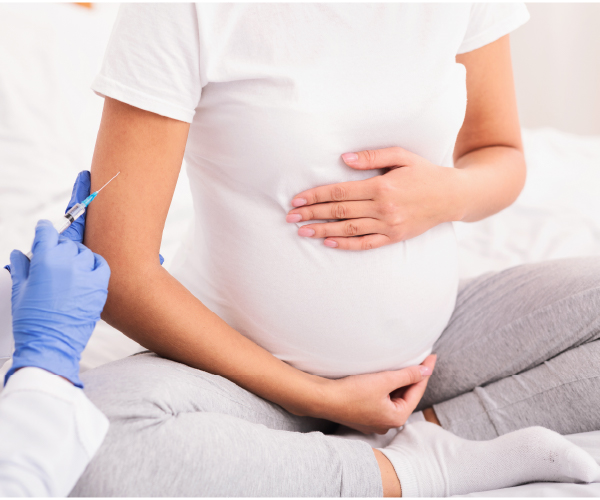
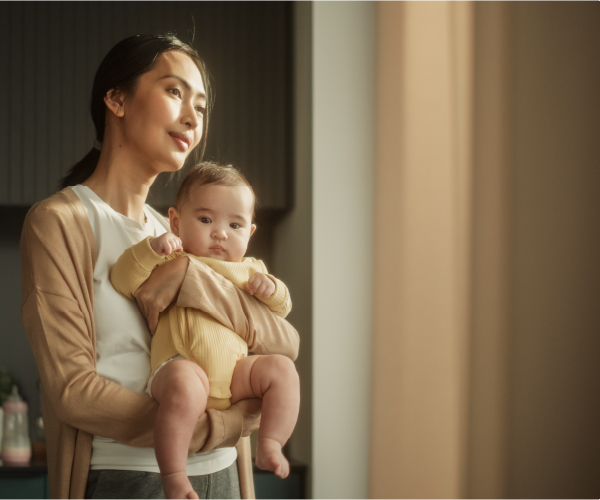
Benefits Of RSV Vaccine For Pregnant Women
- Protects Newborns
Passes on protective antibodies to shield babies from severe RSV infections during the first 6 months after birth. - Reduces Hospitalisation
Lowers the risk of babies requiring hospital care for RSV-related respiratory issues like bronchiolitis or pneumonia. RSV is the leading cause of acute lower respiratory tract infection in children under five globally.
Find a Minmed Clinic near you
Frequently Asked Questions
RSV Vaccine
Yes, the RSV vaccines are safe and effective, having undergone rigorous clinical trials.
There may be a small risk of preterm labor during an initial trial vaccinating mothers from 24 weeks to 36 weeks; however, the difference between the vaccine and control groups decreased when studying women vaccinated at 32 weeks to 36 weeks. It was unclear whether the difference was a safety issue related to the vaccine or unrelated.
Additionally, 1.8% of vaccinated pregnant individuals in the clinical trials developed a dangerous high blood pressure condition called pre-eclampsia (compared to 1.4% of pregnant individuals who received a placebo) during the 24 to 36 weeks of gestation.
The ACIP in the U.S. judged that the benefits of maternal Pfizer RSV (ABRYSVO) vaccination at 32–36 weeks’ gestation outweigh the potential risks for preterm birth and hypertensive disorders of pregnancy.
- Wash your hands often
- Avoid close contact with sick people
- Clean and disinfect surfaces
- Keep your hands off your face
Individuals with severe allergies to any components of the vaccine or those with specific health conditions should consult doctor before getting vaccinated.
Currently, only one dose of the RSV vaccine is recommended for effective protection.
Yes. Even if you’ve had RSV before, getting vaccinated can provide additional protection.
Based on the clinical trial data, the RSV vaccine provides:
- 91.1% effectiveness in preventing severe lower respiratory tract disease caused by RSV in infants during the first 90 days after birth.
- 76.5% effectiveness during the first 180 days after birth.
Yes, most individuals recover fully from RSV. However, severe cases may require hospitalisation, and recovery can take longer for those with pre-existing health conditions.
No, RSV can cause cold-like symptoms but may lead to more severe respiratory illnesses such as bronchiolitis and pneumonia.
• Soreness or redness at the injection site
• Mild fever
• Fatigue
• Headache
• Muscle aches
These side effects are usually mild and go away within a few days. If you experience more severe or prolonged symptoms, it’s important to contact your doctor.
